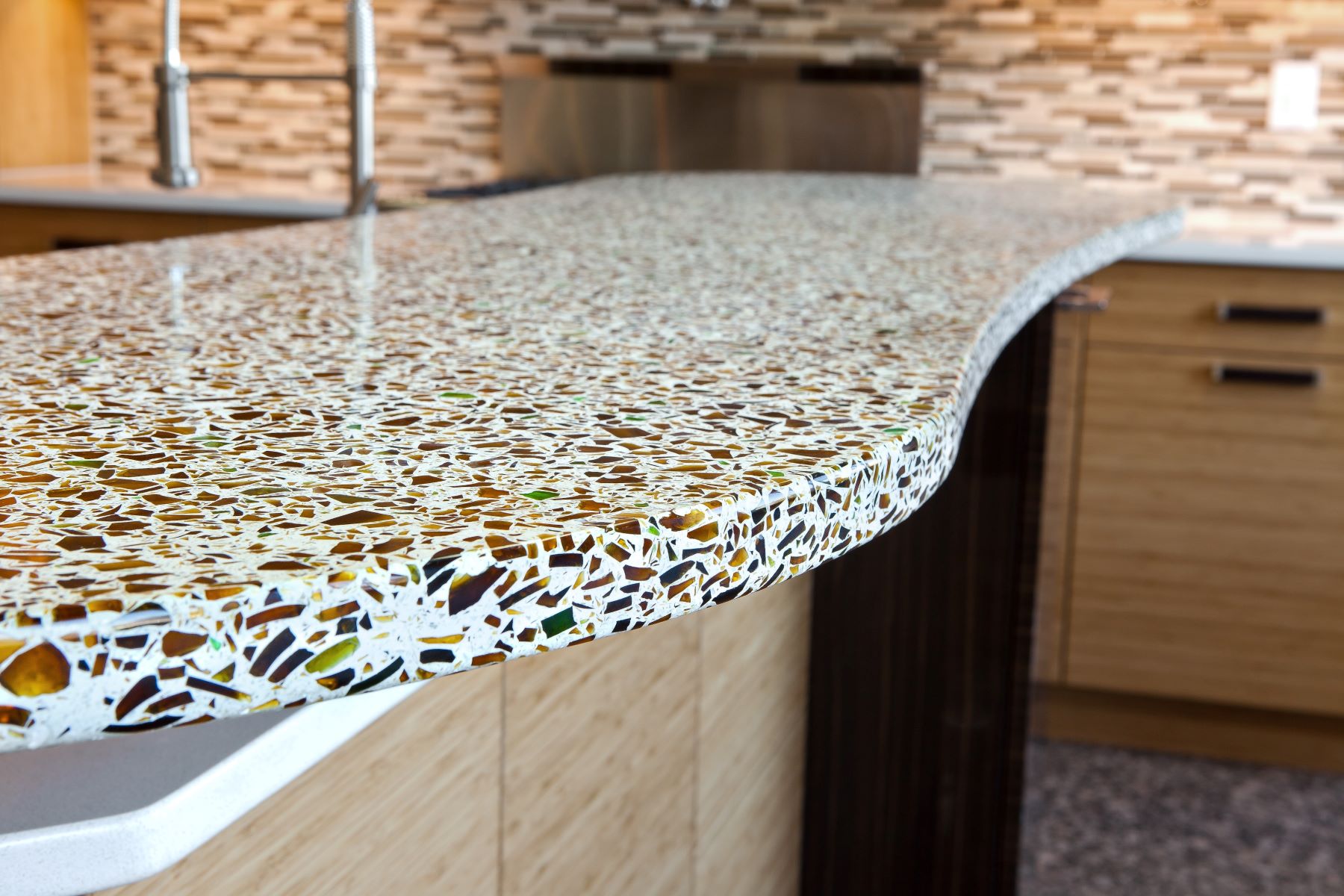

Articles
How Much Are Recycled Glass Countertops
Modified: August 17, 2024
Discover the cost of recycled glass countertops and how they can enhance your kitchen's sustainability. Explore our articles for more insights on this eco-friendly option.
(Many of the links in this article redirect to a specific reviewed product. Your purchase of these products through affiliate links helps to generate commission for Storables.com, at no extra cost. Learn more)
Introduction
Recycled glass countertops have gained significant popularity in recent years due to their unique and sustainable qualities. These countertops not only provide a stylish and modern aesthetic to any space but also contribute to the reduction of waste in the environment. Made from post-consumer or post-industrial glass, these countertops offer a durable and eco-friendly alternative to traditional countertop materials.
The use of recycled glass in countertop production has become a booming trend, as more and more homeowners and designers are becoming conscious of the environmental impact of their choices. With an increasing focus on sustainability and responsible consumption, recycled glass countertops offer a practical and visually stunning solution.
In this article, we will delve into the fascinating world of recycled glass countertops. We will explore their history, manufacturing process, advantages, disadvantages, and cost factors. Additionally, we will compare the prices of recycled glass countertops with other popular countertop materials. Whether you’re considering a renovation or simply interested in learning more about sustainable options, this article will equip you with the knowledge to make informed decisions.
Key Takeaways:
- Recycled glass countertops offer a sustainable, visually stunning solution for eco-conscious homeowners and designers. With unique aesthetics, durability, and easy maintenance, they contribute to reducing landfill waste and conserving natural resources.
- While recycled glass countertops come with a higher price tag and some limitations, their eco-friendly nature, durability, and design versatility make them a worthwhile investment. Understanding cost factors and comparing prices with other materials can help make an informed decision.
Read more: Why Is Glass No Longer Recyclable
History of Recycled Glass Countertops
The concept of using recycled glass in countertop production dates back several decades. It began as a way to repurpose glass waste generated by manufacturing processes and post-consumer glass products. The first attempts to utilize recycled glass in countertops can be traced back to the 1970s when environmental awareness was on the rise.
At that time, recycled glass countertops were primarily made by incorporating crushed glass particles into a cement or resin binder. The resulting material was formed into slabs and polished to create a smooth and durable surface. These early countertops were praised for their unique aesthetic appeal and eco-friendly attributes.
As the demand for sustainable building materials increased, manufacturers began developing more advanced techniques to create recycled glass countertops. They experimented with different combinations of glass particles, binders, and additives to improve strength, durability, and color variety.
In recent years, the popularity of recycled glass countertops has soared, thanks to advancements in manufacturing processes and increased awareness of environmental issues. Today, these countertops are available in a wide range of colors, patterns, and textures, making them a versatile choice for both residential and commercial applications.
The use of recycled glass in countertops not only reduces the demand for raw materials but also diverts a significant amount of glass waste from landfills. This contributes to the conservation of natural resources and reduces the carbon footprint associated with countertop production. The eco-friendly nature of recycled glass countertops aligns with the growing trend of sustainable and responsible construction practices.
Overall, the history of recycled glass countertops showcases the evolution of eco-conscious design and the increasing importance of recycling and repurposing materials in the construction industry. Today, these countertops continue to gain popularity as a sustainable and visually stunning choice for modern interiors.
Manufacturing Process of Recycled Glass Countertops
The manufacturing process of recycled glass countertops involves several steps to transform waste glass into a durable and attractive surface. Here’s a breakdown of the typical process:
-
Collection and Sorting:
The first step is to collect post-consumer or post-industrial glass, which includes items like bottles, jars, and windows. The glass is then sorted by color to ensure consistent and uniform batches for the manufacturing process.
-
Cleaning and Crushing:
Once the glass is sorted, it goes through a cleaning process to remove any impurities like labels, caps, or other non-glass materials. After cleaning, the glass is crushed into small, uniform pieces called cullet.
-
Mixing and Binding:
The crushed glass cullet is mixed with a binder, which can be either cement-based or resin-based. The binder helps to hold the glass particles together and provides the necessary strength and stability for the countertop.
-
Adding Pigments and Additives:
Pigments or dyes can be added to the mixture to create a wide range of colors and patterns. Additionally, various additives may be included to enhance the strength, heat resistance, or other desired characteristics of the countertop.
-
Shaping and Curing:
The mixture is poured into molds or formed into slabs, depending on the desired countertop shape. The countertop is then cured under controlled conditions to allow the binder to harden and the glass particles to bond together.
-
Polishing and Finishing:
Once the countertop has cured, it goes through a polishing process to achieve a smooth and glossy surface. The edges are also shaped and polished to create a finished look. Depending on the desired style, additional finishes like honing or etching may be applied.
The manufacturing process may vary slightly depending on the specific manufacturer and the desired characteristics of the recycled glass countertops. However, the overall goal remains the same – to transform waste glass into a beautiful and sustainable countertop option.
By utilizing recycled glass in countertop production, manufacturers are able to make a positive impact on the environment by reducing the need for new raw materials and diverting glass waste from landfills. This sustainable manufacturing process aligns with the growing demand for eco-friendly building materials and promotes responsible and conscious consumption in the construction industry.
Advantages of Using Recycled Glass Countertops
Recycled glass countertops offer numerous advantages that make them a popular choice for both homeowners and designers. Here are some key benefits of using recycled glass countertops:
-
Eco-Friendly:
One of the most significant advantages of recycled glass countertops is their positive environmental impact. By using waste glass, these countertops help reduce the need for new raw materials, conserve natural resources, and divert glass waste from landfills. This contributes to the overall sustainability and responsible consumption of materials.
-
Unique Aesthetic Appeal:
Recycled glass countertops offer a distinct and visually stunning look to any space. The combination of glass particles in various colors and sizes creates a one-of-a-kind surface with a beautiful depth and sparkle. Whether you prefer a subtle and elegant design or a bold and vibrant statement, there are endless options to choose from.
-
Durability:
Despite its delicate appearance, recycled glass countertops are remarkably durable and resistant to scratches, stains, and heat. The binder used in the manufacturing process provides strength and stability, making these countertops suitable for everyday use in kitchens and bathrooms. With proper care and maintenance, they can last for many years.
-
Versatility:
Another advantage of recycled glass countertops is their versatility. They can be customized to fit various design styles, from modern and contemporary to rustic and eclectic. With a wide range of colors, patterns, and textures available, you can find the perfect countertop that complements your overall aesthetic vision.
-
Easy Maintenance:
Cleaning and maintaining recycled glass countertops is relatively effortless. A mild soap and water solution is usually sufficient for day-to-day cleaning. Unlike porous materials like marble or granite, recycled glass countertops do not require sealing to prevent staining. This makes them a low-maintenance option for busy households.
-
Hygienic:
Recycled glass countertops are non-porous, which means they do not harbor bacteria or mold. This makes them a hygienic choice for food preparation areas. Additionally, their smooth surface makes it easy to wipe away spills and keep the countertop clean and sanitary.
With their eco-friendly qualities, unique aesthetics, durability, and ease of maintenance, recycled glass countertops offer a range of advantages that make them an attractive option for homeowners and designers looking for sustainable and visually appealing surfaces.
Disadvantages of Using Recycled Glass Countertops
While recycled glass countertops offer numerous advantages, they also come with a few disadvantages that should be considered before making a decision. Here are some potential drawbacks of using recycled glass countertops:
-
Price:
Compared to other countertop materials, recycled glass countertops tend to have a higher price tag. The manufacturing process and the use of eco-friendly materials contribute to the increased cost. However, it’s important to consider the long-term benefits and durability of these countertops when evaluating their overall value.
-
Susceptible to Chips and Cracks:
While recycled glass countertops are durable, they are not entirely immune to chips and cracks. The glass particles can be susceptible to impact damage if exposed to excessive force or dropped heavy objects. It’s essential to handle these countertops with care and avoid using abrasive materials or harsh cleaners that could potentially damage the surface.
-
Limited Heat Resistance:
Recycled glass countertops have good heat resistance but are not as heat-resistant as materials like granite or quartz. Placing hot pots or pans directly onto the countertop surface can potentially cause thermal shock and lead to cracks or damage. Using trivets or heat-resistant pads is recommended to protect the countertop from extreme heat.
-
Visible Seams:
Due to the manufacturing process, recycled glass countertops may have visible seams where different slabs are joined together. While manufacturers make efforts to minimize the visibility of seams, they may still be noticeable depending on the design and installation. The presence of seams can affect the overall aesthetic appeal of the countertop, especially in larger installations.
-
Weight:
Recycled glass countertops tend to be heavier than some other countertop materials, such as laminate or acrylic. This weight can pose challenges during installation, especially if existing cabinets or supports are not designed to handle the additional load. It’s crucial to consult with professionals and ensure that the proper support structures are in place to accommodate the weight of the countertops.
While the disadvantages of using recycled glass countertops are worth considering, many homeowners and designers are willing to embrace these drawbacks in favor of the sustainable and visually appealing qualities that recycled glass countertops offer. By understanding these limitations and making informed decisions, you can determine if these countertops are the right fit for your needs and preferences.
When considering recycled glass countertops, be sure to factor in the cost of installation, as well as any additional customization or special features you may want. Additionally, inquire about the warranty and maintenance requirements to ensure you are making a well-informed decision.
Read more: Who Buys Glass For Recycling
Cost Factors of Recycled Glass Countertops
The cost of recycled glass countertops can vary widely depending on several factors. Understanding these cost factors can help you estimate and plan for your budget. Here are some key considerations that influence the price of recycled glass countertops:
-
Type of Glass:
The type of glass used in the countertop can impact the cost. Higher-quality glass, such as post-industrial glass sourced from architectural or industrial applications, may result in a higher price compared to post-consumer glass from bottles and jars. The quality and characteristics of the glass can affect not only the aesthetic appeal but also the durability and overall performance of the countertop.
-
Manufacturing Process:
The complexity of the manufacturing process, including the binder used and the level of customization, can influence the cost. Custom colors or patterns, intricate designs, and specialized finishes may require additional labor and expertise, resulting in higher prices. Additionally, more advanced techniques or unique manufacturing processes employed by certain manufacturers may contribute to increased costs.
-
Size and Thickness:
The size and thickness of the countertops are significant cost factors. Larger or oversized countertops will require more materials and may involve higher fabrication and installation costs. Thicker countertops, typically ranging from 1.5 to 3 centimeters, can also impact the price due to the increased material usage and processing requirements.
-
Edge Treatments:
The choice of edge treatments can influence the cost of recycled glass countertops. Simple, straight edges are generally less expensive compared to more intricate or decorative edges like bullnose or ogee. The number of edges that require finishing and the complexity of the desired edge design will affect the labor and time needed for fabrication, thus impacting the overall cost.
-
Installation and Additional Services:
The cost of installation is an essential factor to consider. Complex installations or projects that require special considerations, such as removing and disposing of existing countertops or modifying cabinetry, can contribute to additional costs. Other associated services like templating, transportation, and sealing may also impact the total expense.
It’s important to keep in mind that costs may vary between manufacturers, regions, and specific countertop designs. To get an accurate estimate, it is recommended to consult with reputable suppliers or contractors who specialize in recycled glass countertops. They can provide you with detailed cost breakdowns based on your specific requirements and ensure a comprehensive understanding of the investment involved in choosing recycled glass countertops for your project.
Factors Affecting the Price of Recycled Glass Countertops
Several factors can influence the price of recycled glass countertops. Understanding these factors can help you better estimate and plan for the cost of your project. Here are some key considerations that affect the price of recycled glass countertops:
-
Quality and Source of Glass:
The quality and source of the glass used in recycled glass countertops can impact the price. Higher-quality glass, such as post-industrial glass sourced from architectural or manufacturing applications, may be more expensive compared to post-consumer glass from bottles and jars. Glass that is clean, free from impurities, and sorted by color can also contribute to a higher price.
-
Design Complexity:
The complexity of the countertop design can influence its price. Custom colors, patterns, or mixes, as well as intricate designs or shapes, may require additional labor and expertise, resulting in a higher cost. Unique edge details or special requests for texture or finishes can also impact the price, as they may require specialized techniques or additional materials.
-
Size and Thickness:
The size and thickness of the countertops are significant factors affecting the price. Larger or oversized countertops will require more materials and may involve higher fabrication and installation costs. Thicker countertops, typically ranging from 1.5 to 3 centimeters, may require more glass and binder, resulting in increased expenses. Additionally, unique or irregular shapes may require custom fabrication, impacting the price further.
-
Additional Features or Additives:
Certain additional features or additives can impact the price of recycled glass countertops. For example, adding backlighting or embedding other materials like shells or stones can increase the cost. The inclusion of these features may require specialized techniques, additional labor, or the use of different binders or resins, contributing to a higher price.
-
Manufacturer and Location:
The manufacturer and location can influence the price of recycled glass countertops. Different manufacturers may have varying production techniques, overhead costs, or pricing structures, which can affect the final price. Additionally, factors such as shipping or transportation costs and regional market demands can contribute to price variations in different locations.
-
Installation and Additional Services:
The cost of installation and any additional services required can impact the overall price. Complex installations, modifications to existing cabinetry, or the need for specialized tools or equipment can increase the labor and installation costs. Other services such as templating, transportation, or sealing may also add to the final expense.
When considering recycled glass countertops, it’s important to communicate your design preferences, size requirements, and budget constraints with your supplier or contractor. They can provide guidance on available options and help you navigate these factors to ensure that you make an informed decision that fits both your aesthetic vision and your budgetary needs.
Average Prices of Recycled Glass Countertops
The prices of recycled glass countertops can vary significantly depending on various factors such as size, design complexity, location, and the quality of the materials used. However, to provide you with a general idea, here are some average price ranges for recycled glass countertops:
-
Basic Options:
For basic options with standard colors, minimal customization, and simpler edge treatments, you can expect to find recycled glass countertops in the range of $75 to $100 per square foot. These options typically feature post-consumer glass and may have limitations in terms of available colors and patterns.
-
Mid-Range Options:
Mid-range recycled glass countertops, with more design options, custom colors, and a wider range of edge treatments, may cost between $100 and $150 per square foot. These countertops often include a mix of post-consumer and post-industrial glass, offering a greater variety in terms of size, color choices, and design flexibility.
-
Premium and Custom Options:
Premium or custom recycled glass countertops, featuring unique designs, intricate patterns, specialty finishes, or embedded materials, can range from $150 to $250 or more per square foot. These countertops often require specialized manufacturing techniques, higher-quality materials, and additional labor to bring the desired design to life.
It’s important to note that these are average price ranges, and actual costs may vary depending on factors such as the region, the specific manufacturer, and the scope of the project. Factors like the thickness of the countertops and any additional features, such as backlighting or unique shapes, can also influence the final price.
To get a more accurate estimate for your project, it’s best to consult with suppliers or contractors specializing in recycled glass countertops. They can assess your specific requirements, offer various options within your budget, and provide detailed quotes based on the size, design, and customization preferences you have in mind.
Comparing Prices of Recycled Glass Countertops with Other Countertop Materials
When considering countertop materials for your kitchen or bathroom, it’s important to compare not only the aesthetics and durability but also the price. Here is a comparison of the prices of recycled glass countertops with other popular countertop materials:
-
Granite:
Granite countertops are a popular choice known for their natural beauty and durability. On average, granite countertops can range from $50 to $200 per square foot, depending on factors such as the rarity of the stone, the origin, and the complexity of the design. While some high-end granite options can be more expensive, basic granite countertops can often be comparable to mid-range recycled glass countertops in terms of price.
-
Quartz:
Quartz countertops, made from engineered stone, offer a wide range of colors and patterns. The average price for quartz countertops is between $60 and $150 per square foot, including installation. Quartz countertops can sometimes be more affordable than premium recycled glass options, making them a popular alternative for those seeking durability and choice in design.
-
Laminate:
Laminate countertops are the most budget-friendly option, with prices ranging from $20 to $50 per square foot. Laminate countertops offer a variety of patterns and colors, making them a versatile choice for those on a tight budget. However, laminate does not offer the same durability or natural beauty as recycled glass or other stone materials.
-
Solid Surface:
Solid surface countertops, such as Corian or Avonite, provide a seamless and easy-to-clean surface. The price range for solid surface countertops is typically between $50 and $100 per square foot, making them comparable to recycled glass in terms of cost. Solid surface countertops offer design flexibility but may not have the same eco-friendly attributes as recycled glass.
-
Marble:
Marble countertops are known for their elegance and timeless appeal. However, they tend to be on the higher end of the price scale, with an average cost ranging from $75 to $250 per square foot, depending on the rarity and quality of the marble. Premium marble options can be significantly more expensive than recycled glass countertops, making them a luxury choice.
It’s important to note that these price ranges are averages and can vary depending on factors such as location, installation costs, and the specific design or customization options chosen. It’s recommended to consult with suppliers or contractors for more accurate pricing based on your specific needs and preferences.
When comparing the prices of countertop materials, it’s essential to consider not only the initial cost but also the long-term value, durability, and maintenance requirements. Recycled glass countertops offer an eco-friendly solution with unique aesthetics, and while they may be on the higher end of the price scale, their sustainability and visual appeal make them a worthwhile investment for many homeowners and designers.
Read more: What Percentage Of Glass Is Recycled
Conclusion
Recycled glass countertops have become a popular choice for homeowners and designers seeking sustainable and visually appealing options for their kitchens and bathrooms. These countertops offer several advantages, such as their eco-friendly nature, unique aesthetic appeal, durability, and easy maintenance. By repurposing waste glass, recycled glass countertops contribute to the reduction of landfill waste and the conservation of natural resources.
The manufacturing process of recycled glass countertops involves collecting, sorting, cleaning, and crushing glass, followed by mixing it with a binder, shaping the countertop, and finally polishing and finishing it. This process has evolved over time, allowing for more advanced techniques and customization options, resulting in a wide range of colors, patterns, and textures available in the market.
While recycled glass countertops offer many advantages, they also come with some drawbacks. Factors such as price, susceptibility to chips and cracks, limited heat resistance, visible seams, and the weight of the countertops need to be considered when making a decision. Understanding these disadvantages can help you assess whether recycled glass countertops are the right fit for your specific needs and requirements.
The cost of recycled glass countertops can vary depending on factors such as the type and quality of the glass, design complexity, size and thickness, and additional features or additives. On average, prices range from $75 to $250 or more per square foot, depending on the specific customization and installation requirements. It’s essential to consult with suppliers and contractors to get accurate quotes and assess the cost based on your unique project specifications.
When comparing the prices of recycled glass countertops with other popular countertop materials, factors such as granite, quartz, laminate, solid surface, and marble, it’s important to consider not only the initial cost but also the long-term value, durability, and maintenance requirements. Each material has its own advantages and considerations, and the final decision should align with your budget, design preferences, and sustainability goals.
In conclusion, recycled glass countertops offer a sustainable and visually stunning solution for those who prioritize eco-friendly materials and unique designs. With their positive impact on the environment, durability, and wide variety of options available, recycled glass countertops continue to gain popularity as a choice for both residential and commercial applications. By being aware of the advantages, disadvantages, and cost factors associated with recycled glass countertops, you can make an informed decision that aligns with your values and ultimately enhances the beauty and functionality of your space.
Frequently Asked Questions about How Much Are Recycled Glass Countertops
Was this page helpful?
At Storables.com, we guarantee accurate and reliable information. Our content, validated by Expert Board Contributors, is crafted following stringent Editorial Policies. We're committed to providing you with well-researched, expert-backed insights for all your informational needs.
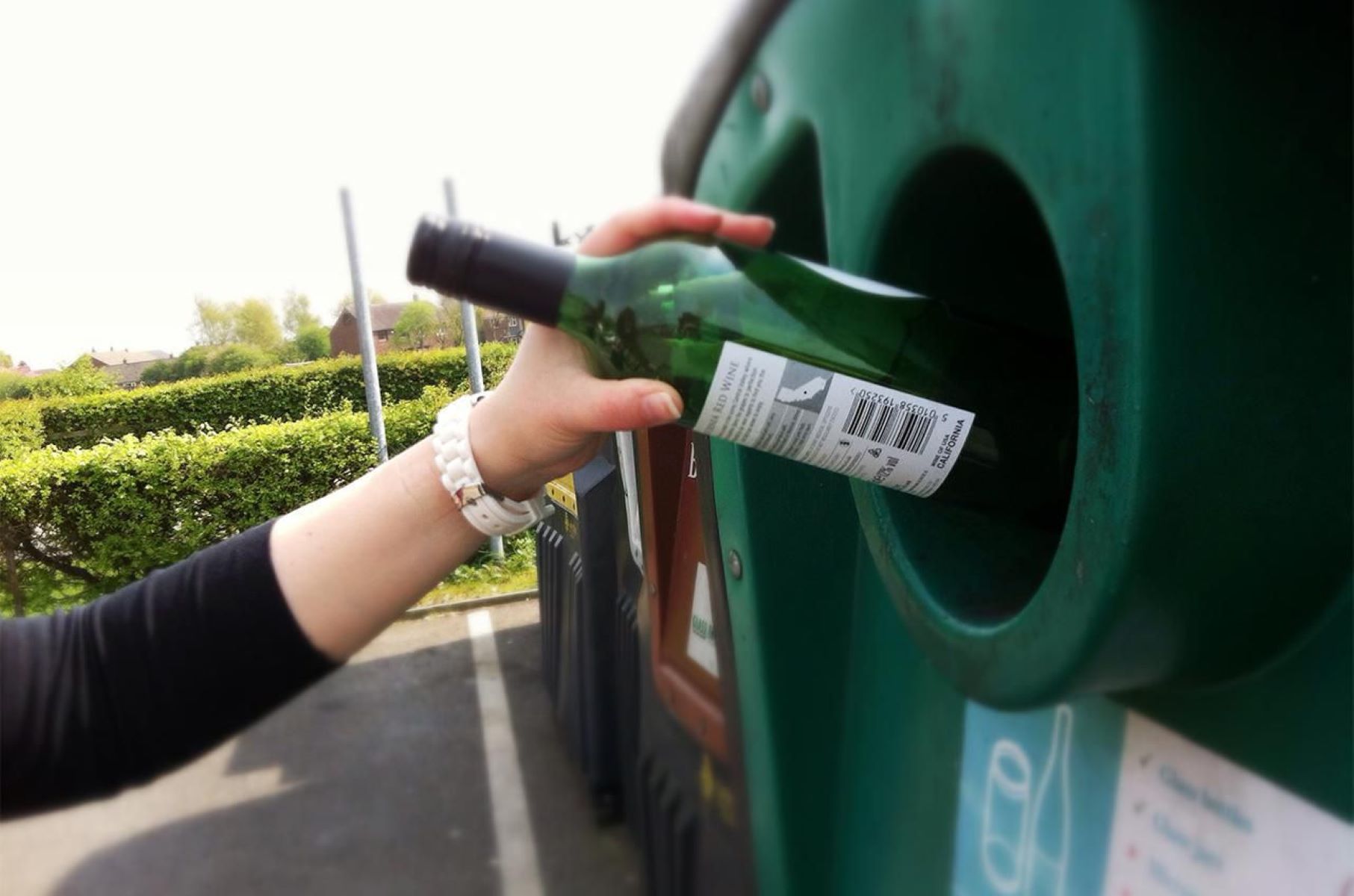
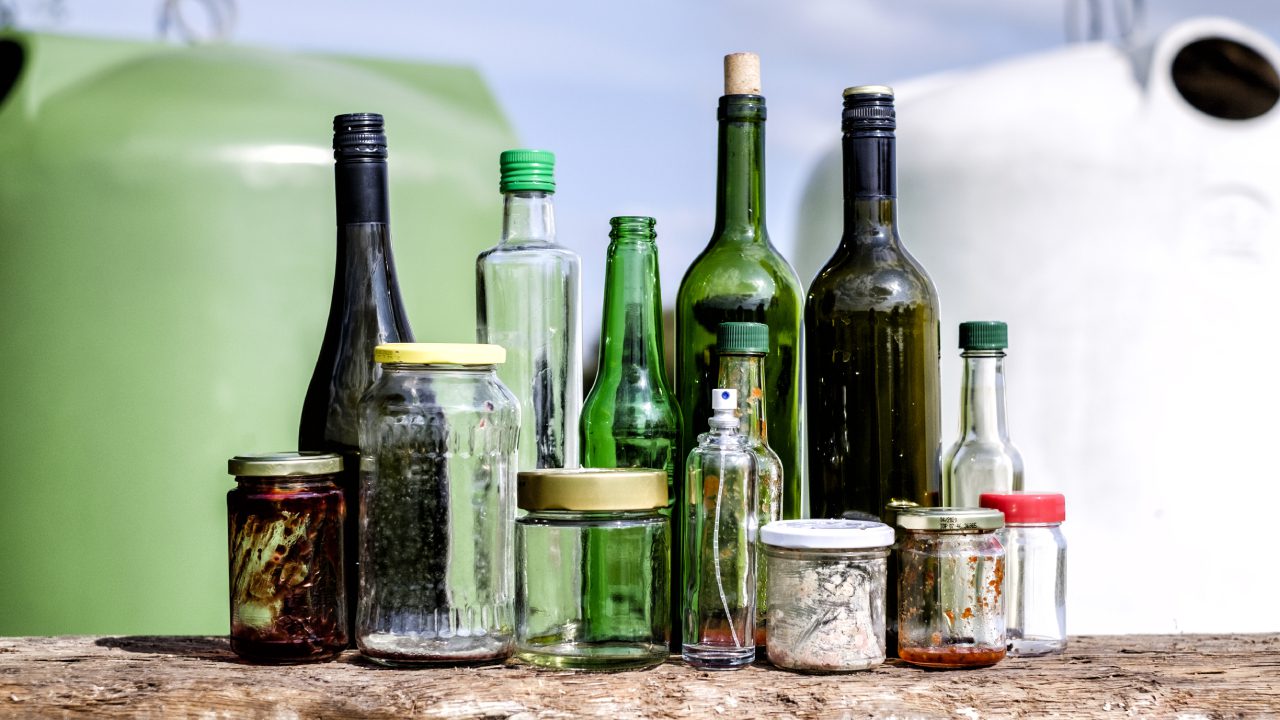
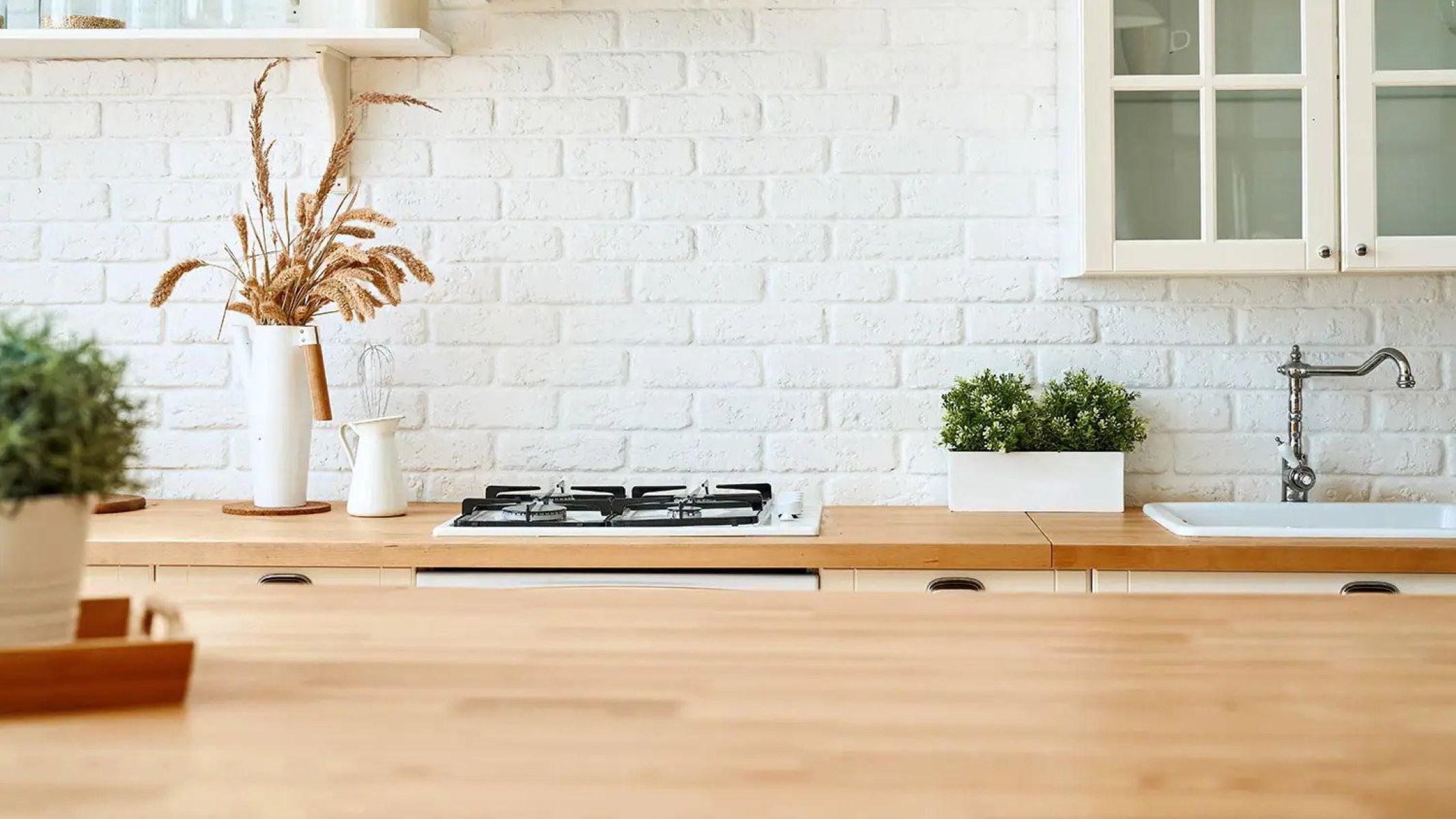
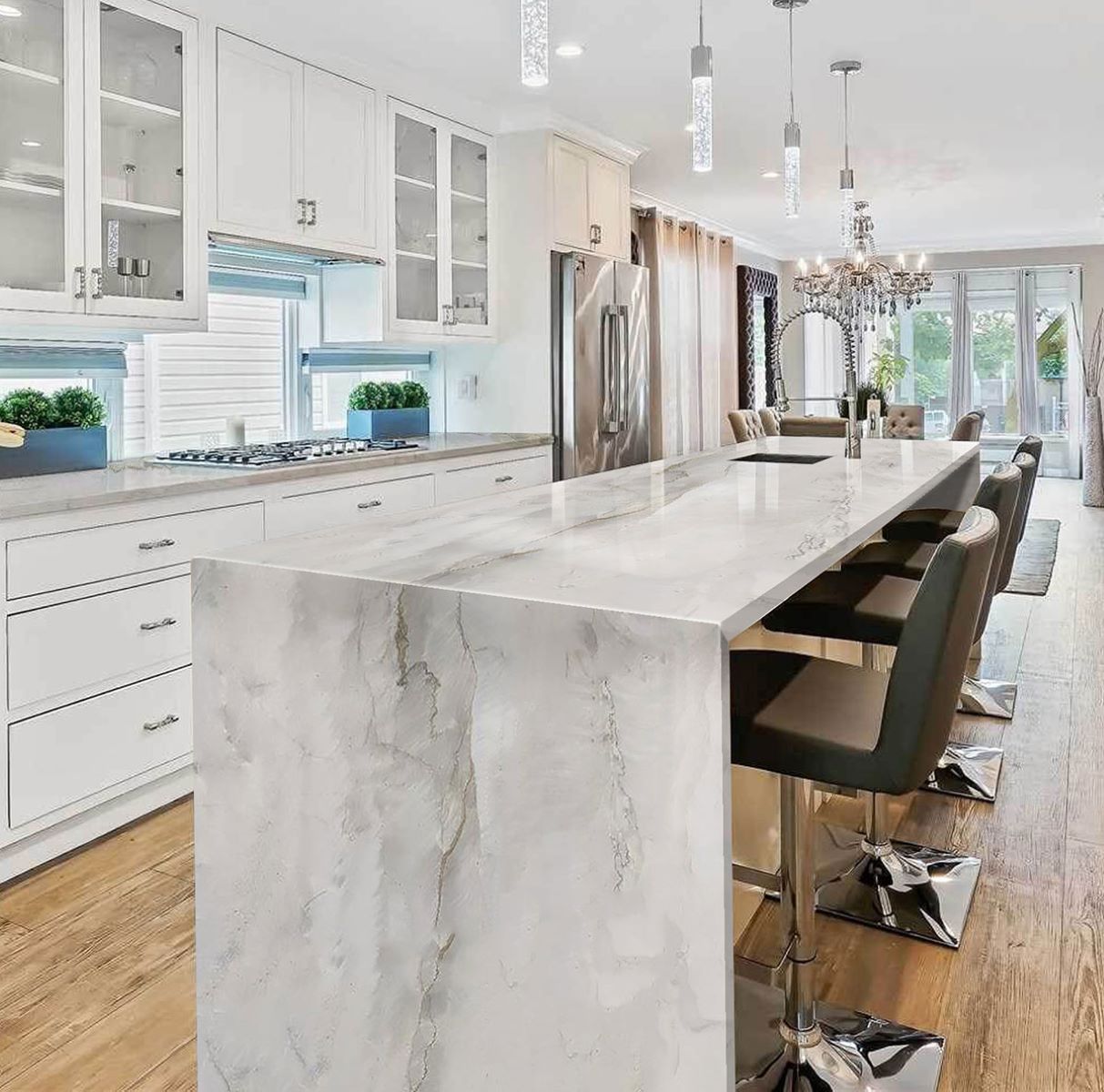
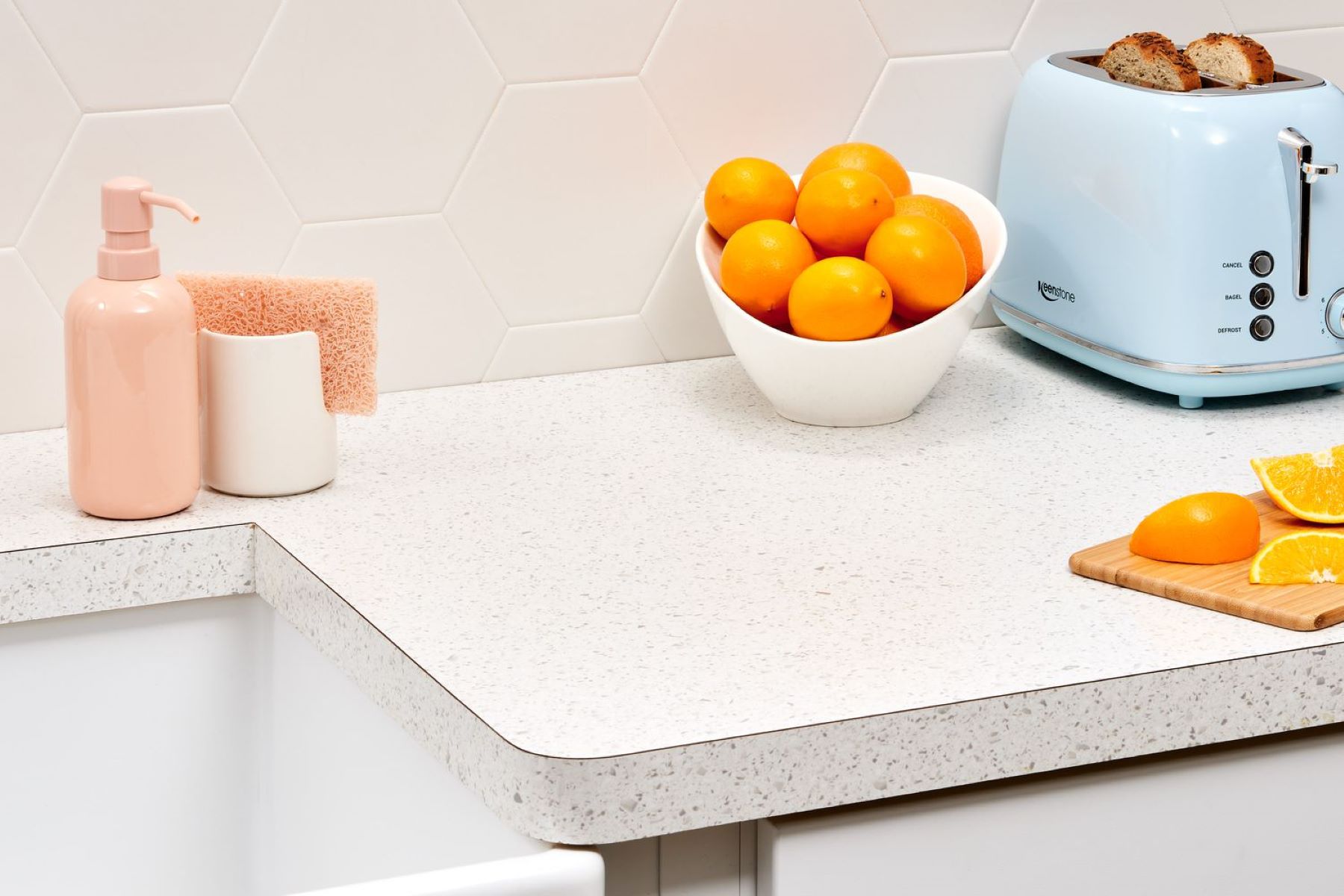
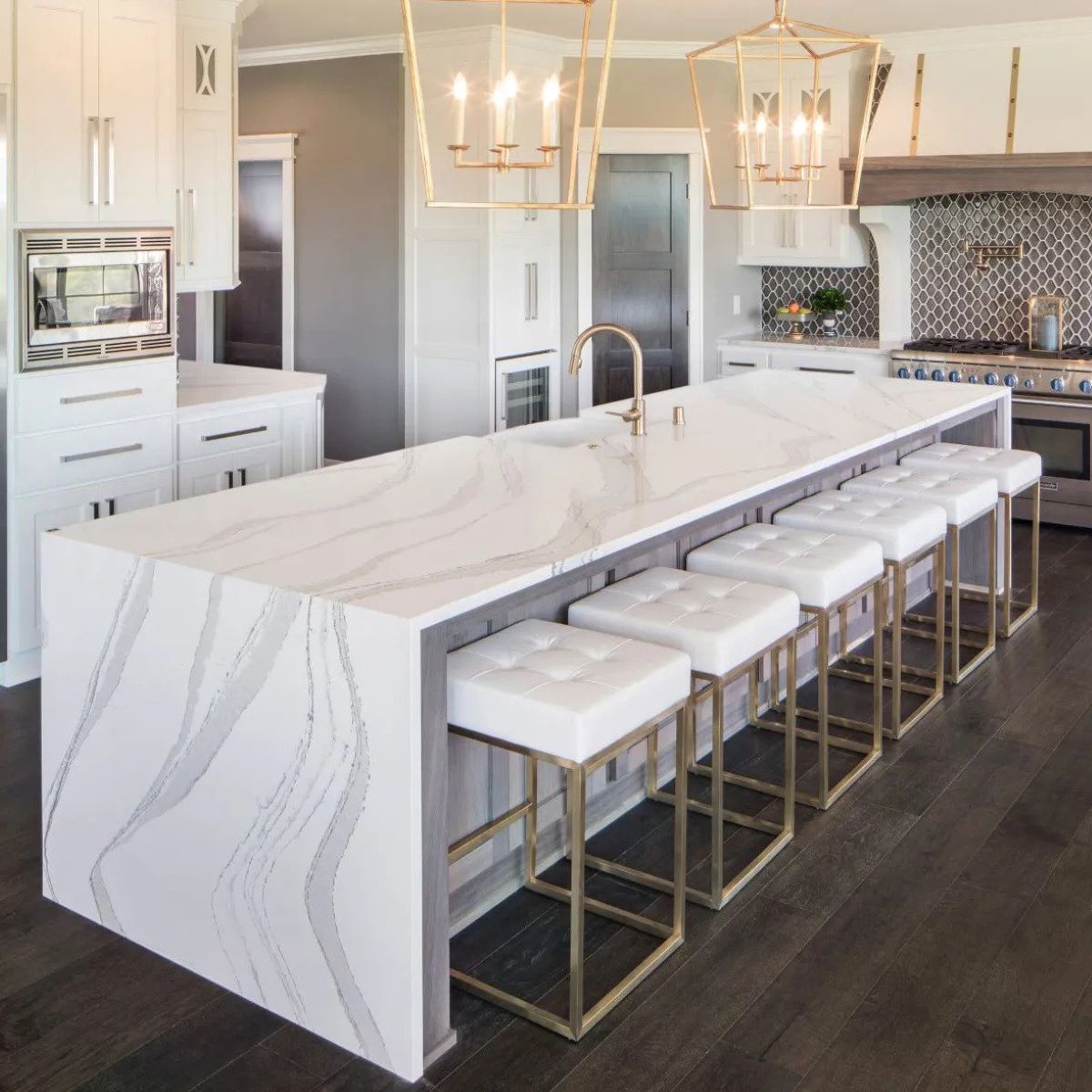
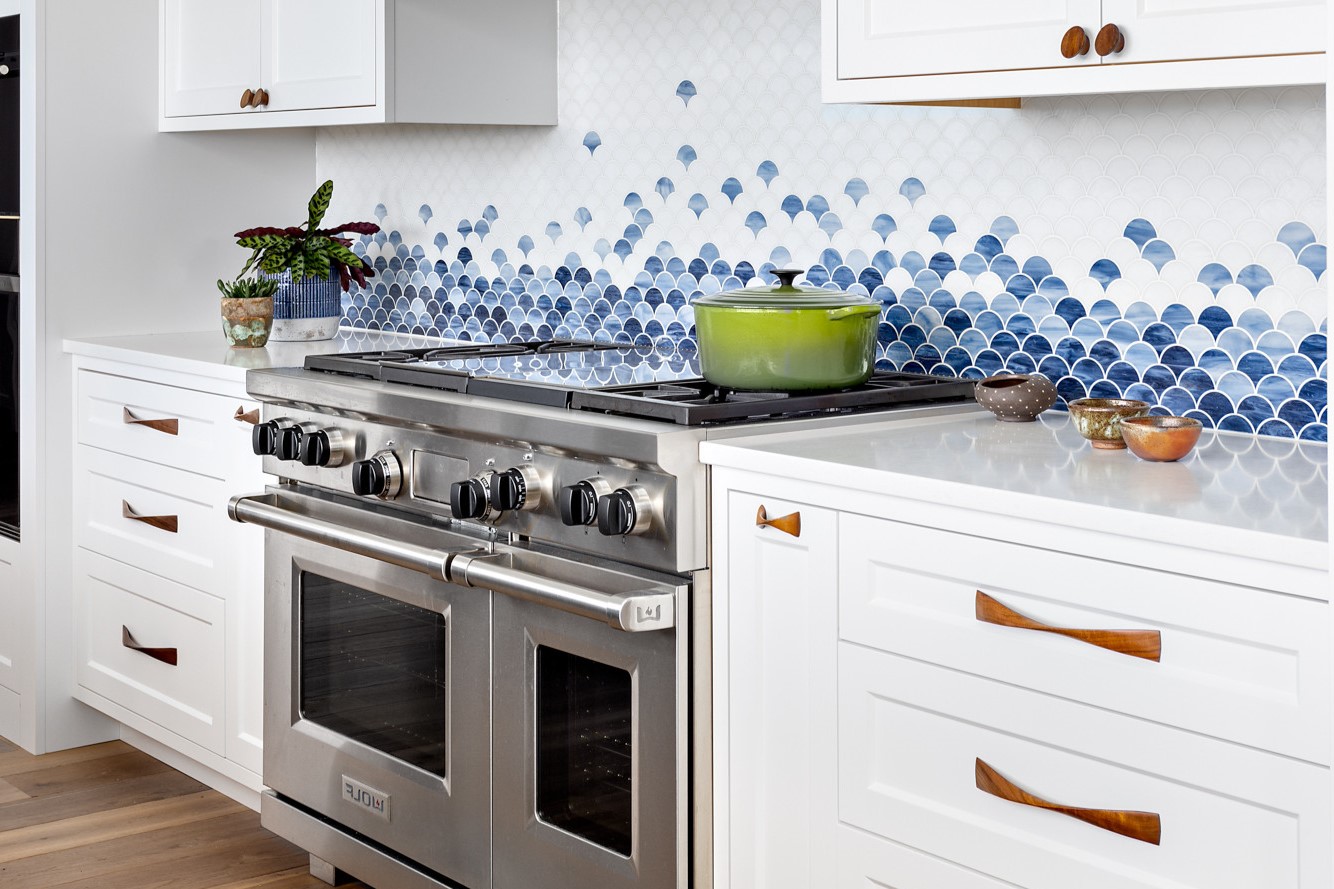

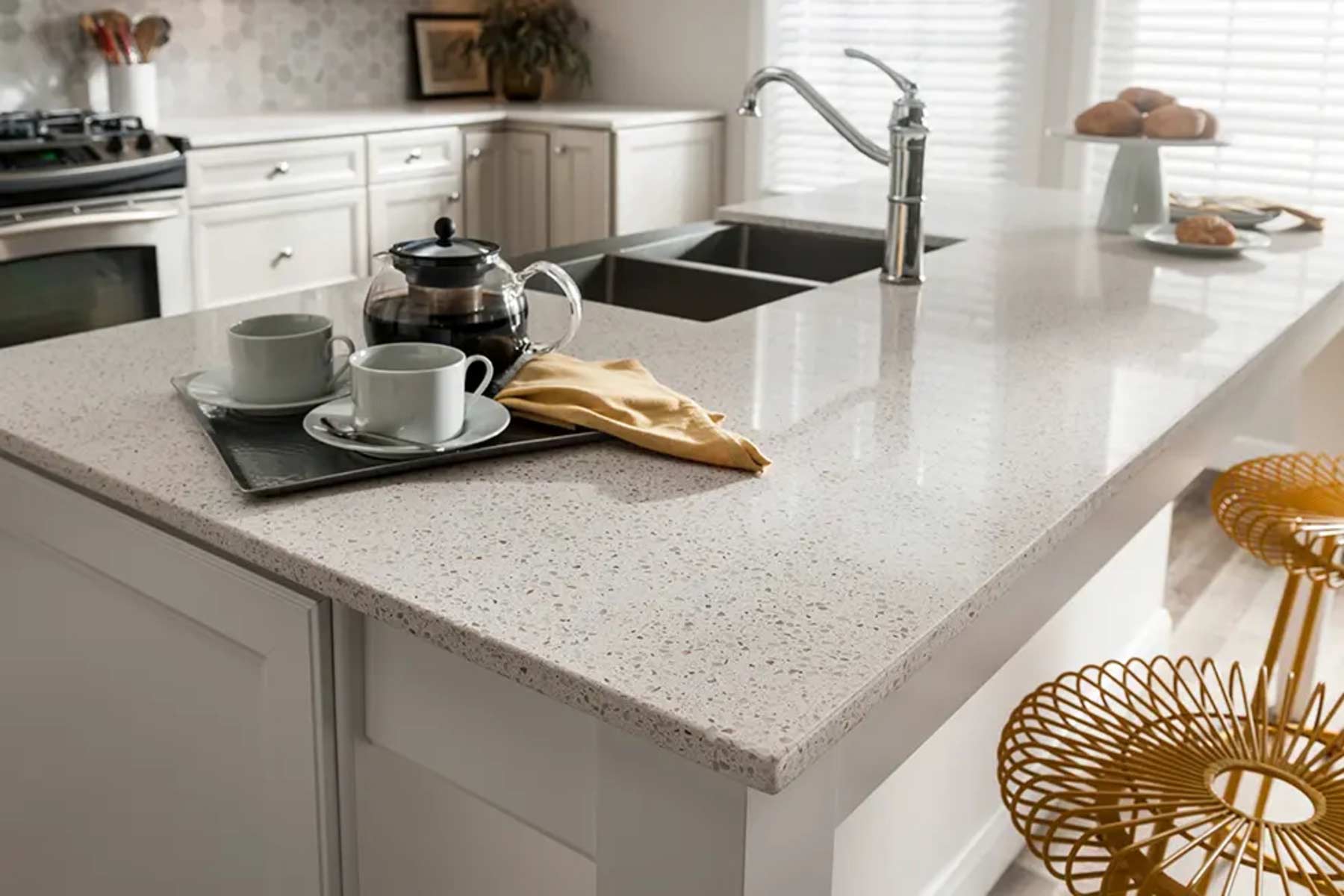
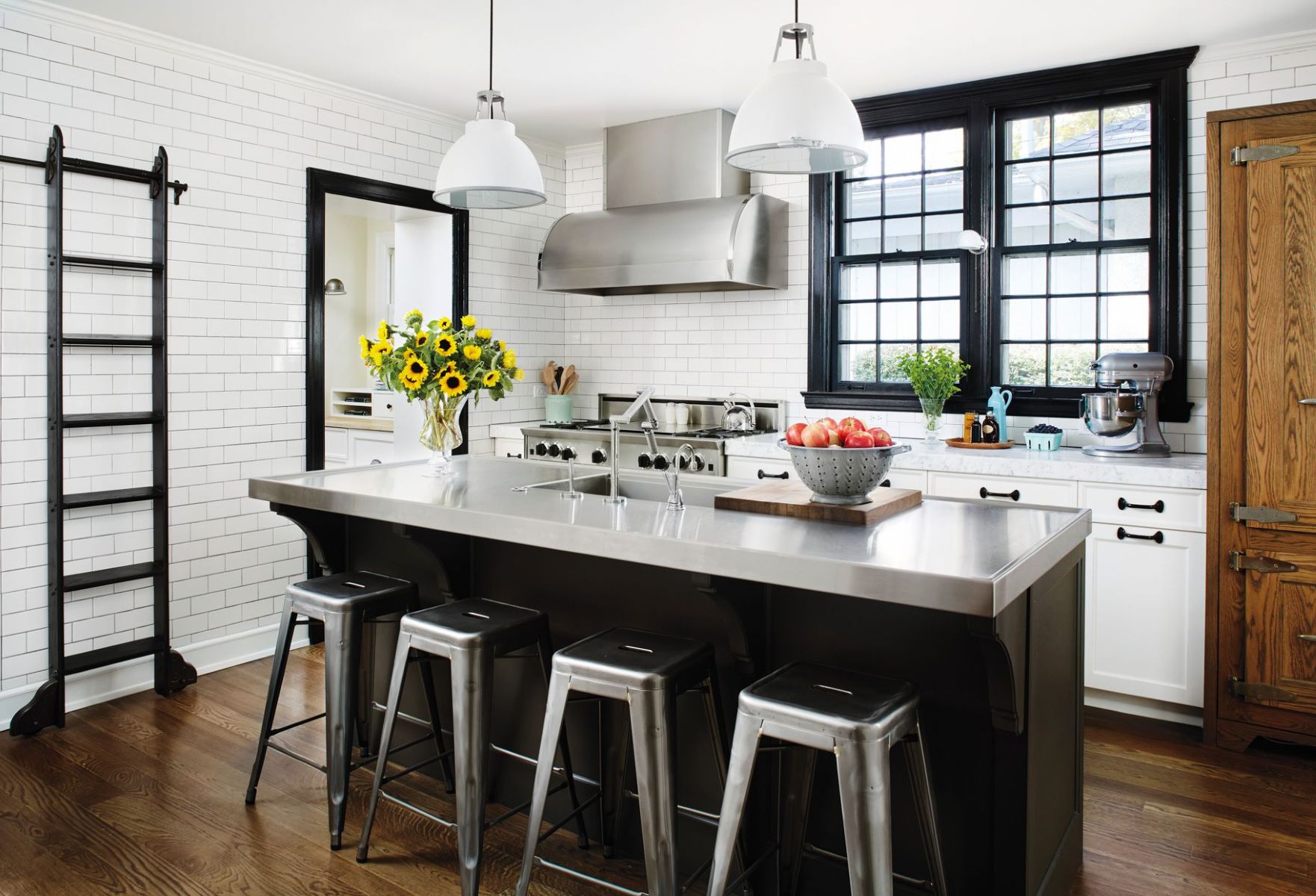
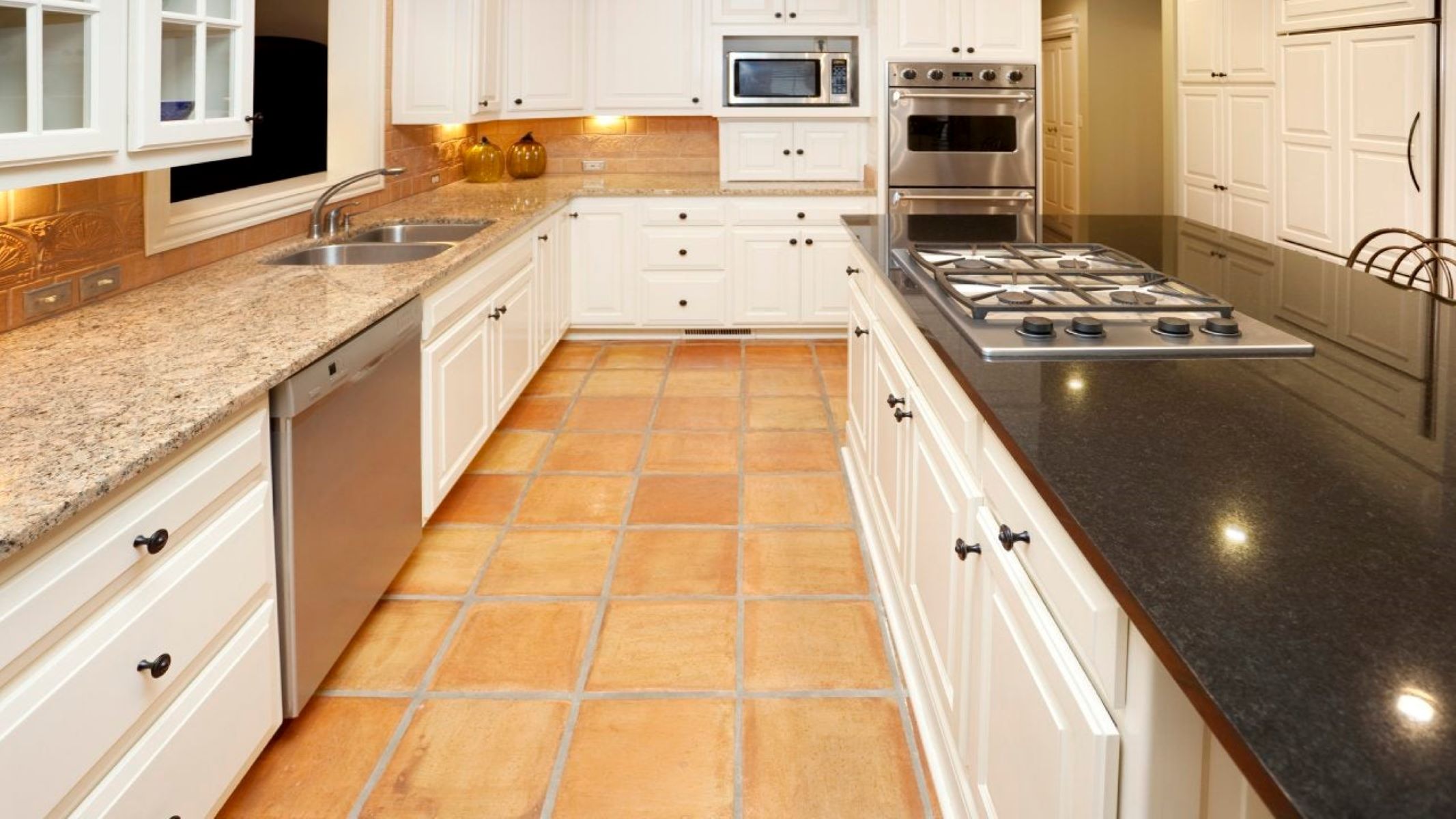
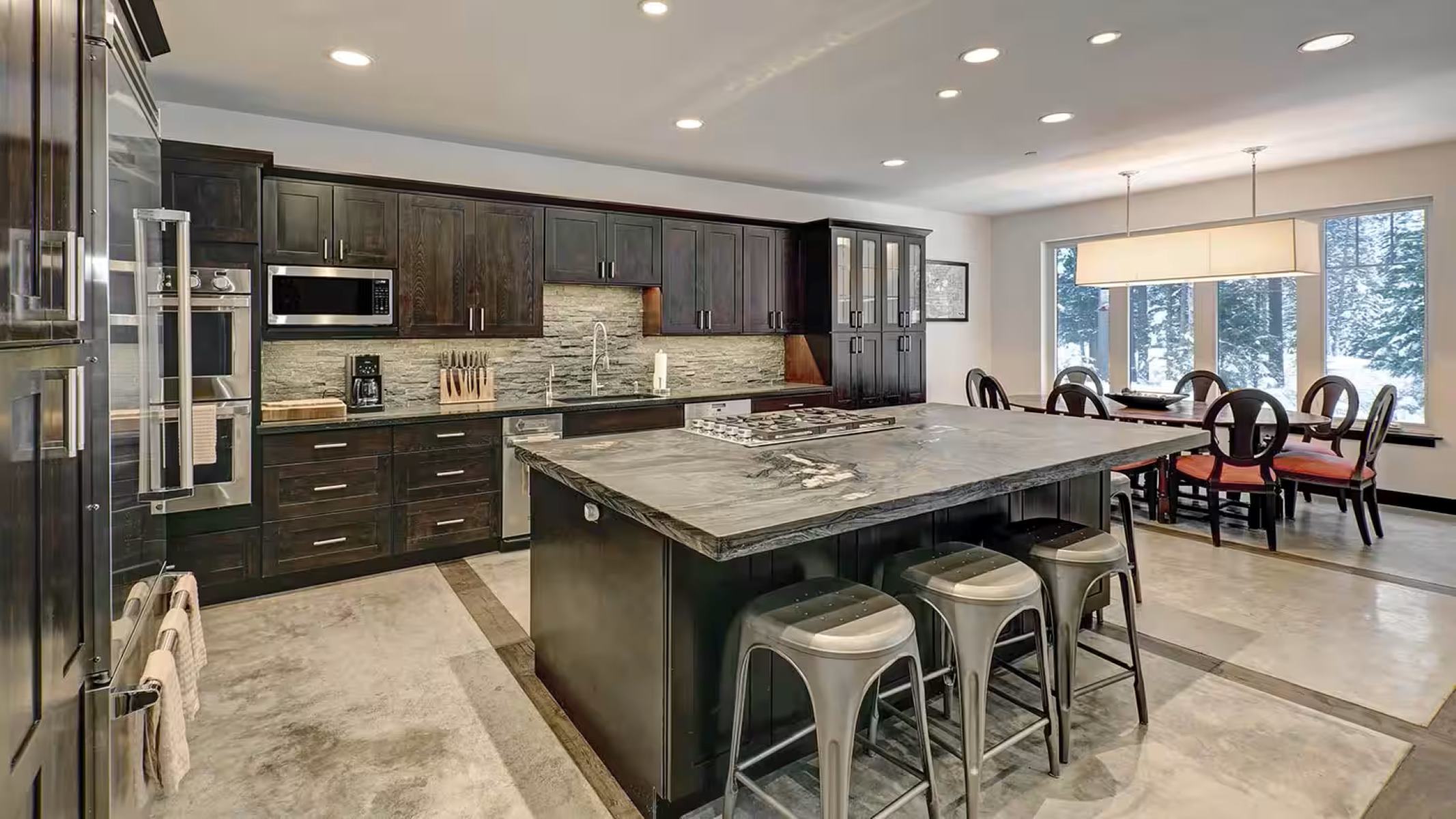
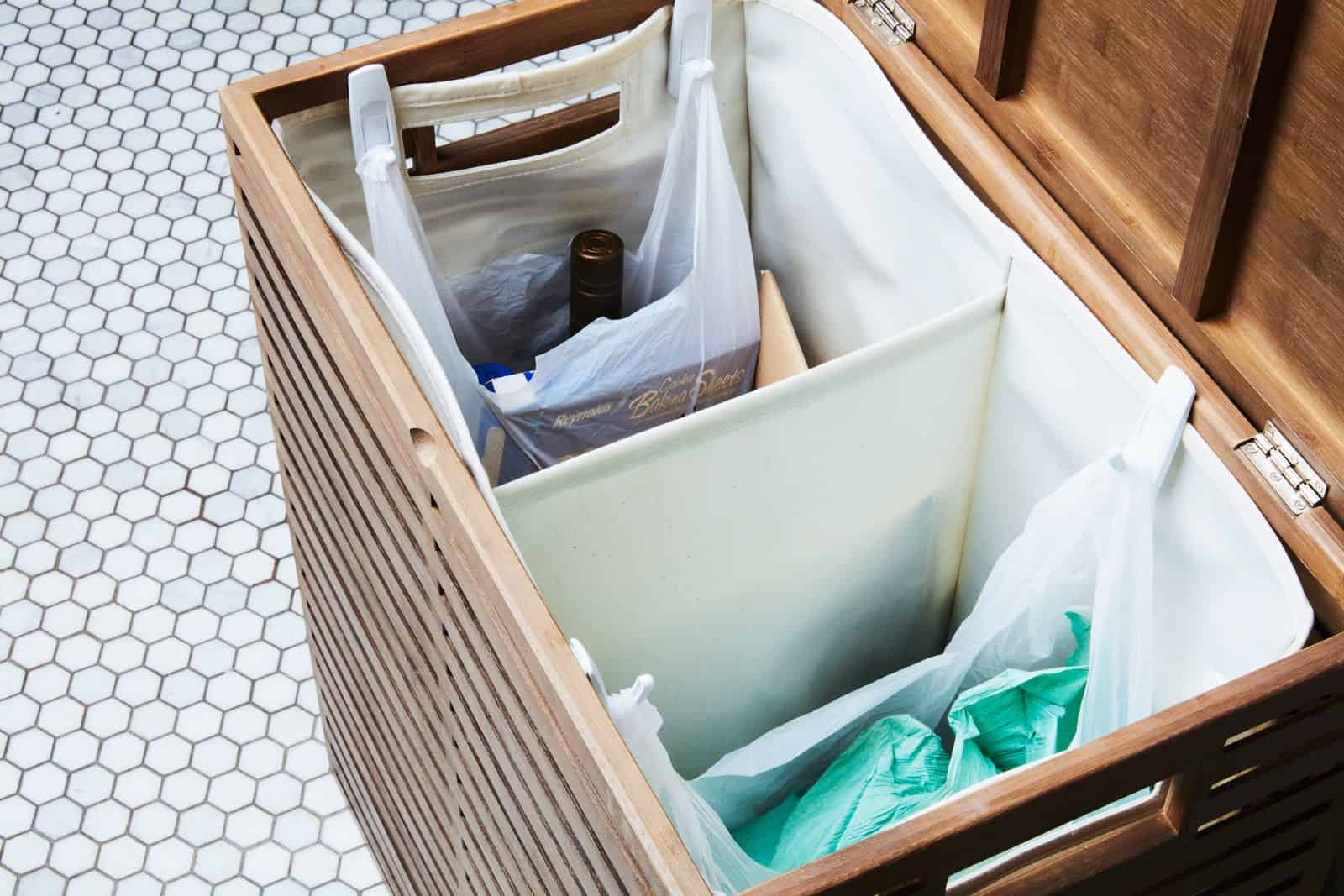

0 thoughts on “How Much Are Recycled Glass Countertops”